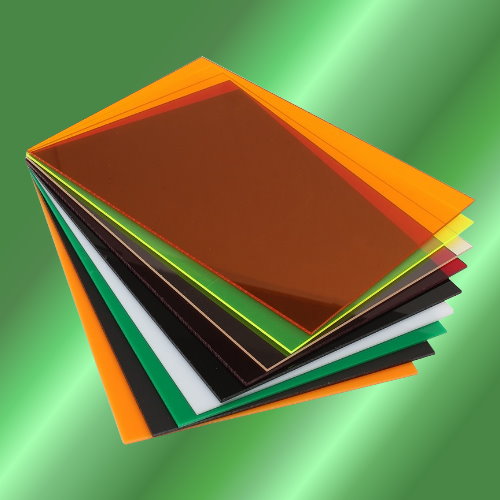PLEXI GLASS SHEET
Plastic glass with plexi, colored and colorless varieties. Transparent and semi-transparent. It has a light plastic structure that can be easily processed, cut, drilled. It is generally found in the market as flat sheets with a thickness of 1.5-2 5mm. It is softened by heating in an oven at 90°C or 90°C – 115°C. Thus, the desired shape can be given by molding. It is more durable and lighter than glass. Its only disadvantage is that it has a thermodynamic structure, so it has less resistance to fire. (Casting) Plexiglas allows easy application to any desired shape. Plexiglas does not leave users in a difficult situation during the manufacturing phase. Plexiglass extruder does not cause problems in cutting, blowing and shaping like sheets. Its technical features such as expansion coefficient, density, softening point, hardness are in accordance with the standards and the number of polymers is high.
• Its light transmittance is high and it is resistant to impacts. The light transmittance of Plexiglas is 92% compared to glass. Its resistance to impacts is 6 times higher than glass. It is not sharp-edged. It does not cause injuries. Its heat transmittance is 20% less than glass.
• (Cast) Plexiglas is resistant to climatic conditions. It is produced in opaque, transparent and fluorescent colors and is more resistant to climatic conditions than plastics. Does not fade, does not break. It can be used easily indoors and outdoors.
• (Casting) Plexiglas is resistant to heat. Casting Plexiglas softens from 75° C according to its thickness and becomes ready to shape.
• (Cast) Plexiglas is copper hard.
• (Cast) Plexiglas is given the desired form easily. 120°-150° C is sufficient for Alglas Plexi to enter the desired form. The form you give remains stable after it cools.

